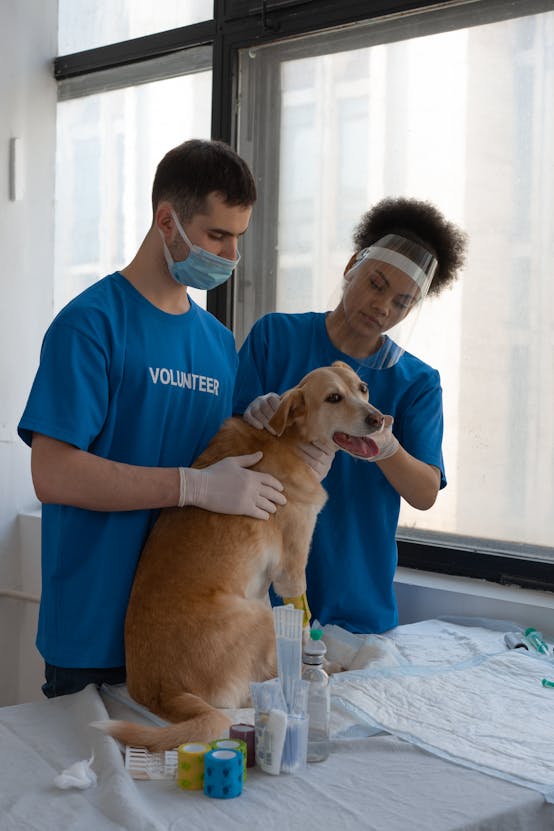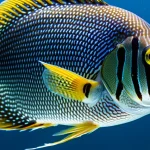Legally Approved Unusual Pets in the UK
Understanding what makes a pet unique and lawful
In the realm of unusual pets UK, the law differentiates between animals you can own legally and those requiring strict licenses. The category of legal exotic pets UK largely includes reptiles like bearded dragons and corn snakes, amphibians such as newts and frogs, and certain invertebrates including tarantulas and hermit crabs. Small mammals not typically classed as traditional pets, like hedgehogs and degus, also fall under this classification. Unique birds, such as some parrot species, can be kept if they comply with wildlife regulations.
Also read : How do you identify health issues in exotic fish in the UK?
Owners must be aware that unique pets UK often fall under specific legislation like the Dangerous Wild Animals Act 1976 and the Wildlife and Countryside Act 1981. These laws regulate ownership to protect both animal welfare and public safety. For example, some exotic species demand a license from local authorities due to their risk profile or conservation status. Meanwhile, others can be kept without licensing but still require adherence to proper care standards.
Complying with these regulations ensures responsible pet ownership. Potential owners should always research legal requirements to avoid issues, especially when considering legal exotic pets UK that are less common but fully permissible.
Also to see : How Can You Create a Safe Habitat for Exotic Pets at Home?
Noteworthy Examples of Unusual Pets
Discover some of the most intriguing exotic pet examples UK enthusiasts embrace.
In the UK, exotic pet ownership is growing, with many choosing rare pets UK for their unique traits and companionship. Among reptiles, corn snakes and bearded dragons stand out for being manageable yet fascinating, offering varied colors and behaviours that appeal to reptile fans. Geckos also rank high due to their compact size and distinctive patterns.
Invertebrates like tarantulas and stick insects bring a touch of the extraordinary to the pet scene. Tarantulas offer an exotic appearance, while stick insects impress with their camouflaging abilities. The giant African land snail, another rare pet, intrigues owners with its unusual size and slow, deliberate movements.
Small mammals such as sugar gliders and pygmy hedgehogs captivate those seeking interactive pets with charming personalities. Ferrets, with their playful nature, also remain popular as exotic pet examples UK households enjoy. Birds like parrots introduce intelligence and vivid plumage, while amphibians like axolotls dazzle with their regenerative abilities.
Understanding care needs for these exotic pet examples UK highlights the diversity and challenge of housing rare pets UK. Each species requires specific environments, diet, and handling, underscoring the importance of research before adoption to ensure a healthy, enriching experience.
Essential Care Requirements for Unusual Pets
Caring for unusual pets requires a thorough understanding of their environmental and dietary needs. Many exotic pets, such as reptiles or amphibians, need carefully controlled temperature and humidity levels to thrive. For instance, providing UV lighting or heat lamps can be essential. When considering exotic pet care UK standards, ensuring access to species-specific diets is equally important. Omitting essential nutrients can cause severe health issues over time.
Veterinary care remains a top priority. Not all vets are equipped to handle unusual pets, so finding specialists with experience in exotic animals is crucial. Regular check-ups can help detect health problems early, especially since unusual pets often hide symptoms until illnesses become serious.
Long-term commitment is often underestimated. Exotic pets may live for many years, requiring dedicated care throughout their lifespan. Additionally, space considerations must be met; some unusual pets grow larger or require enclosures that replicate natural habitats. Reflecting on these factors upfront will prepare owners for the responsibilities that come with exotic pet ownership.
For tailored guidance on specific species and expert advice on unusual pet care tips, consulting dedicated resources and experienced exotic pet enthusiasts can make a valuable difference.
Legal and Safety Considerations
Understanding UK regulations and home safety for exotic pets
In the UK, exotic pet ownership laws are strict and designed to protect both people and animals. The Dangerous Wild Animals Act requires owners of certain exotic species to obtain licenses, ensuring these animals are kept safely and humanely. Additionally, CITES regulations control the trade of endangered species, and compliance is mandatory, affecting which exotic pets can legally be owned.
Owners must be aware that some species need specific permit and registration processes. For example, reptiles and certain amphibians may require documentation to confirm legal acquisition and to prevent illegal trade. Failure to comply can lead to penalties or confiscation.
Safety tips for households with exotic pets focus on both owner and animal welfare. Regular health checks, proper containment, and knowledge of animal behavior are essential. Exotic pets may carry zoonotic diseases, so hygiene is critical. Creating safe environments avoids escape and reduces risk to family members, particularly children and other pets.
Understanding these UK pet legality considerations ensures a responsible experience with exotic animals, promoting their wellbeing while adhering to legal obligations and enhancing household safety.
Assessing Suitability: Is an Unusual Pet Right for You?
Understanding whether an unusual pet fits your lifestyle is crucial when choosing an exotic pet UK. These pets often have unique care requirements that differ vastly from traditional animals. Start by researching your available space, time commitment, and budget. For example, some reptiles need specific temperature control, while exotic birds demand social interaction and mental stimulation daily.
Ethical considerations must guide your decision. Owning an unusual pet involves a long-term responsibility to ensure its welfare and avoid supporting illegal trade. Familiarise yourself with UK laws regulating exotic species and acquire pets only from reputable breeders or rescues. This approach aligns with an unusual pet suitability guide promoting responsible choices that protect both animals and ecosystems.
To support responsible ownership, seek resources like specialist vets and local exotic pet societies. These provide guidance on health, diet, and habitat setup, helping to prevent common pitfalls. When questioning if an unusual pet is right for you, ask: “Can I meet its needs ethically and practically?” Taking this reflective approach ensures your commitment benefits both owner and pet.



